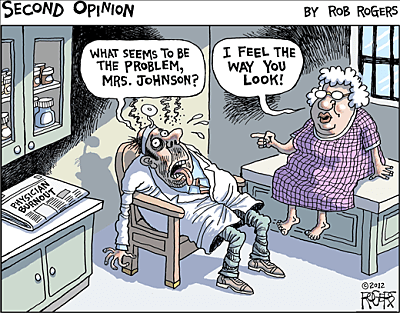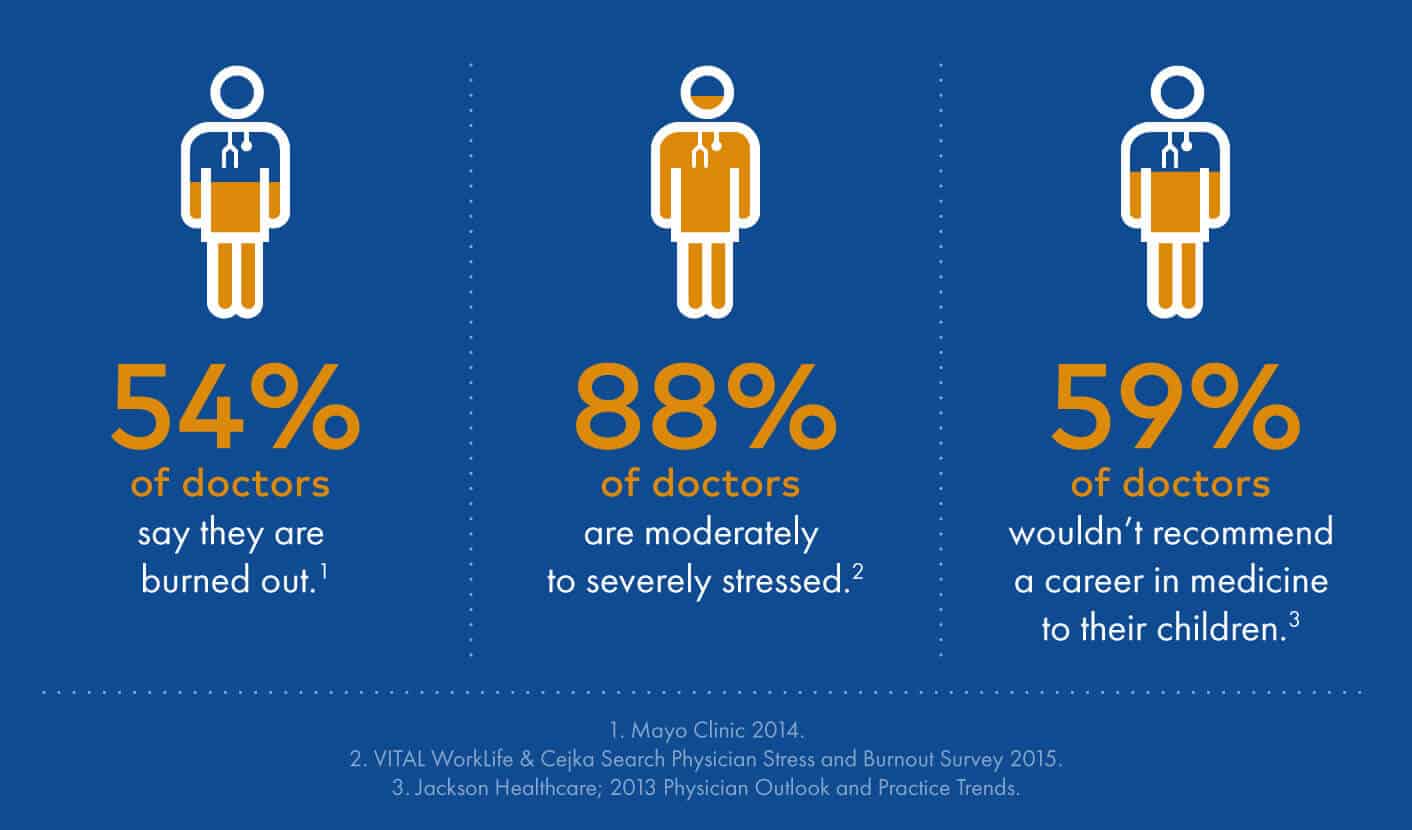A Clearer Picture of Medical Team Stress
Audience response can help medical professionals share their challenges and understand those of others
It’s no secret that being a doctor is a high-stress career. The constant pressure of making life-and-death decisions, as well as those that might have long term effects on not just patients, but also their families and loved ones, can wear down even the toughest professional.
How Much Stress is Dangerous?
Ask a working doctor, and they might say that they thrive on the stress of the job. And according to studies, that’s probably true. A certain level of job stress, coupled with that job’s demands and expectations, can lead many to perform at their optimum level. However, problems occur when medical professionals are consistently pushed to work at stress levels beyond what is optimal.
If you have been experiencing heightened stress levels for a long period of time, you may be at risk for becoming burned out. It’s important to reach out to mental health professionals (like the ones at BetterHelp) as soon as possible to avoid this risk.
Accompanying this is the pervasive culture of the medical profession that suggests they should ignore the stresses of the job altogether. This expectation that doctors not even acknowledge their stress leads to many medical teams working far beyond what is considered a healthy level of stress on even an average day.


Measure the Stress Levels
In training new and experienced doctors and other medical professionals, medical schools and hospital systems can frequently benefit from using audience response technology to give participants a clearer understanding of how their stress levels affect their own performance.
Anonymous Answers Provide Honest Insight
While addressing the stresses of the job, instructors can easily poll participants about their own experiences, then instantly display the results graphically using polling software. This provides a clear but anonymous method to drive home the points the instructor will illustrate, as well as allow the participants to share their own experiences discretely. And by providing not just statistical support, but also an in-the-moment representation of actual experiences, the presenters points can be made that much clearer and hopefully lead to better management of medical teams and the many challenges they face.


